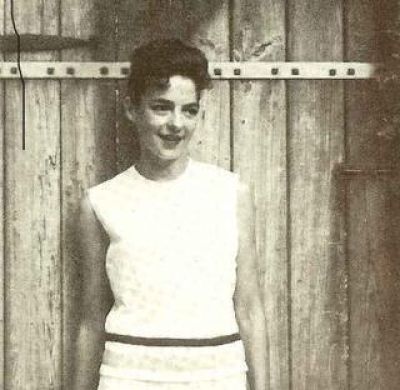Kris
I have read Step IV a few times and I am still not sure what to make of it. It reminds me a bit of the mid 80s run of novels about all-female societies, but in those cases it was generally about differences being overcome and people coming together. This goes the opposite way. The women suggest men are brutish and talk casually of raping them but Juba’s attempt to communicate and be merciful to a man ends up resulting in her death out of pride. It also doesn’t help that he acts like a misogynist, and I cannot tell if this is intentional or just the way they expect men to act in the early 60s. It is one that is going to stick with me but I am not sure if there is a point to it much beyond nihlism. I will be interested to get the thoughts of everyone else.
Gavin
I’ll admit, the early mentions of rape turned me off quickly, but I redoubled my efforts and…I was ultimately underwhelmed. I’m not sure if the author is making a point of social commentary, or succumbing to bioessentialism, but ultimately I feel like no one learned anything in this story. The main character seems surprisingly naive, what with her being the heir to space Themyscira. Woefully undereducated in geo astropolitics, as well as the possible strategic implications of taking down the magic scrambler that keeps her society separated from the world of men, she undertakes some mild treason for a pretty boy who ultimately betrays her, proving that her society was right all along and she should never have tried to change it.I think the only thing to learn here is that horniness makes people stupid and young people shouldn’t try to change the world, lest it backfire drastically due to our youthful naivete. I’d argue against this, but I’m too busy feeling called out.
Nina
I wonder if this story was intended to be a riff on the story of Eden and the Fall. Juba spends a lot of time outside in a wooded setting with a very pleasant climate and seems to have an idyllic life up until she meets the man. He tempts her with the chance to experience the outside world, and turning off the radio scrambler will presumably end the innocent life of Juba’s people and force them out into a harsher world. There’s even a line about her wanting to “hide her face from the mother” in the same way that Adam and Eve try to hide themselves from God after eating the fruit.

Step IV
Rosel George Brown
Rosel George Brown is a classic SF author of whom I have long been aware without managing to track down much of her work. Step IV was in fact the third Brown piece I ever read, after 1959’s “Car Pool”, and Earthblood, her 1966 collaboration with Keith Laumer. In large part this is because her career was cut tragically short. Aged just 41, she died of lymphoma in 1967. Most of her work is very much out of print.
Still, this particular story is available. What did my Young People make of it?
